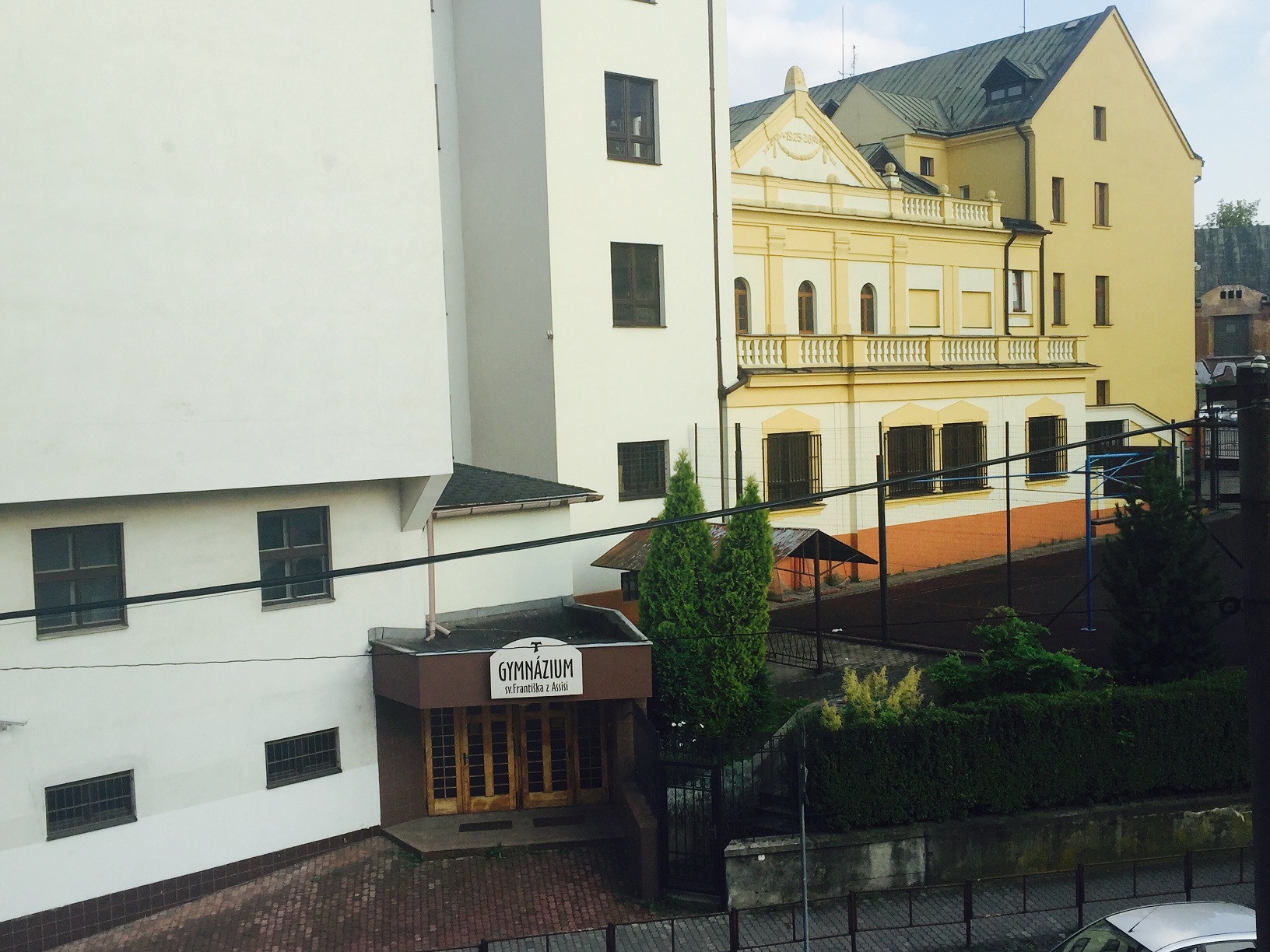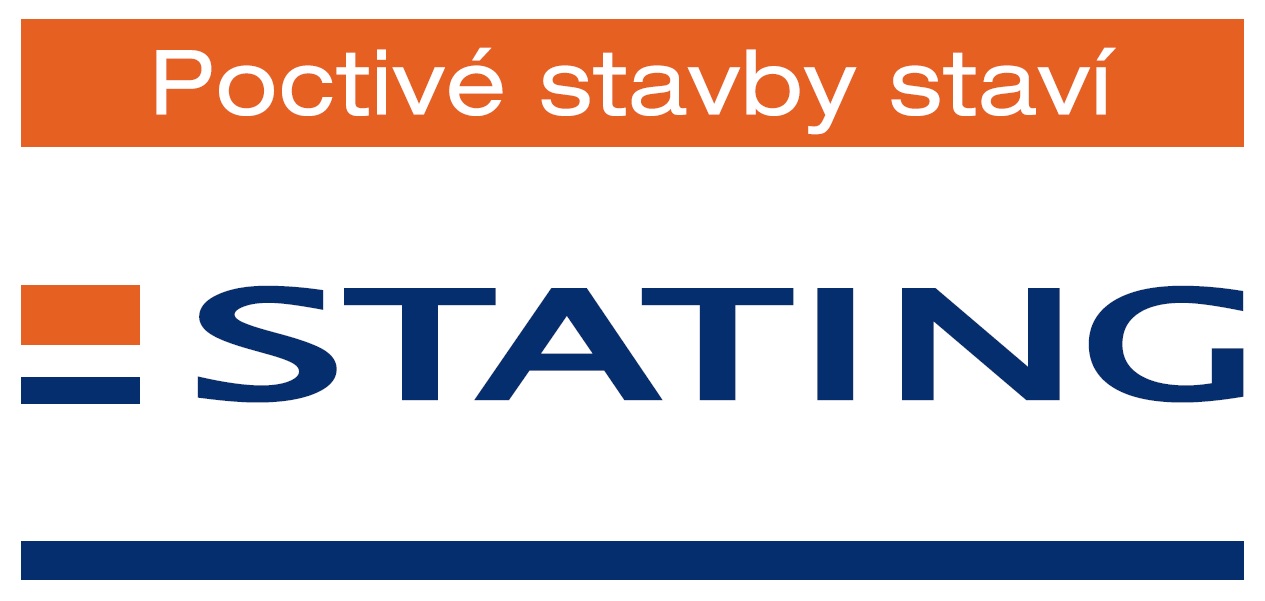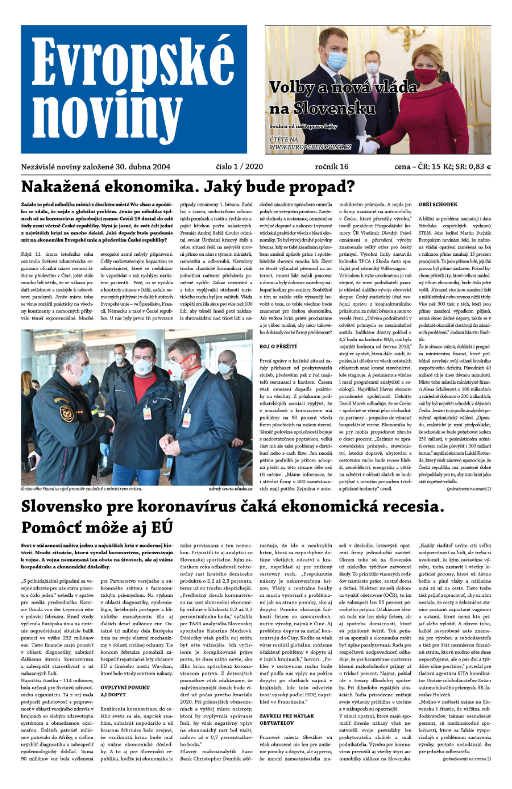
School Subsidies Hindered by Centralisation

The Ministry of Education, Science, Research and Sport of the Slovak Republic plans to resume and expand on its current activities, such as the extended offer of additional education for teachers and expert employees. Among other things, it stated that the activities of teachers, school psychologists and special teachers have developed positively.
In the 2007–2013 programming period, the Agency of the Ministry of Education, Science, Research and Sport of the Slovak Republic for EU Structural Funds supported 753 regional school projects, which contributed significantly to modernisation of schools. Primary schools, which received non-refundable financial contributions in the amount of EUR 53.7 million, used the European funding for multiple purposes. Secondary schools received non-refundable financial contributions in the total amount of EUR 94.2 million. The European funds were used not only to innovate and modernise education, but also to support projects that prepare secondary school graduates for their entrance to the job market. During the last programming period, the Ministry utilised 92.34% of the funds, which corresponded to EUR 501,164,822 of the total allocation.
Funding of the Operational Programme Human Resources in the 2014–2020 programming period will be used to increase the quality of education and to develop human resources. In a comment for Evropské noviny, the Ministry of Education, Science, Research and Sport of the Slovak Republic (MESRS SR) stated that the specific goals will include improving mathematical, biological, technical, linguistic, and ICT competences as well as financial literacy, including business and economic skills of children and primary and secondary schools students, but also an increased promotion of the inclusive education model in schools. “Regarding the volume of funding, I think we have been successful. The problem is rather that the value for money we get does not correspond to the amounts of funding provided for education. I do not doubt the fact that European funding helped in things like renovating and equipping schools. At the same time, I have doubts about the usefulness of projects such as “mobile digital classroom”, “planet of knowledge”, and an array of various portals for teachers that mostly do not work correctly anyway. We utilise the funds, but they do not bring about any significant change in education,” said Martin Poliačik, member of National Council of SR for the SaS party, to Evropské noviny, adding that he considered excessive centralisation to be the biggest obstacle. According to Mr Poliačik, national projects utilise a significant volume of funds themselves. He would rather let schools utilise funding directly, enabling them to decide whether to use them for tablets, blackboards or well-equipped technical classrooms.
The MESRS SR also stated that primary and secondary schools utilise European funding most successfully of all, with the largest part of the funds going into regional education and support of teachers and expert employees. The regional education system contains both the largest number of students and teachers as well as the greatest challenges that the country is facing.
Petra Vörösová
- Podrobnosti:
- Kategorie: Publicistika
- Zveřejněno 5. 7. 2016 13:53
Inzerce v Evropských novinách
Spolupracujte s námi a inzerujte v tištěném i webovém vydání.
Více info zde.
Rozhovory
-
Ochrana zvířat ve Francii
O ochraně zvířat ve Francii jsme si povídali s tiskovou zástupkyní organizace La Spa Muriel...
-
„Být Michalákovi občany Spojených států, tak jsou kluci už dávno ve své vlasti,“
tvrdí v rozhovoru o českých dětech odebraných v Norsku rodičům europoslanec Tomáš Zdechovský ...
-
„Evropská unie měla dávno přestat řešit hlouposti jako jednotné zásuvky a měla se zabývat problémem svojí bezpečnosti. To zanedbala,“ tvrdí bývalý náčelník Vojenské zpravodajské služby ČR, bezpečnostní expert Andor Šándor
(Evropské noviny - 6/2015) K evropským břehům míří plavidla plná lidí z Afriky, azyl na starém...

Evropské instituce
-
Evropský účetní dvůr
Zatímco v minulých číslech Evropských novin jsme se zaměřili hned na dvě významné soudní instituce, tentokrát se v naší pravidelné rubrice podíváme do světa financí. V našem hledáčku je totiž...

